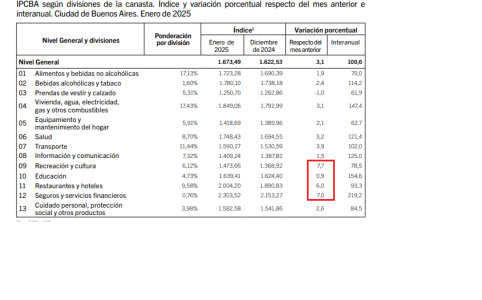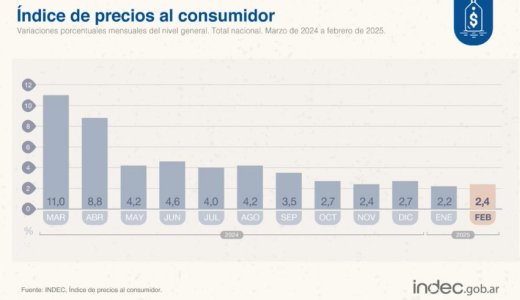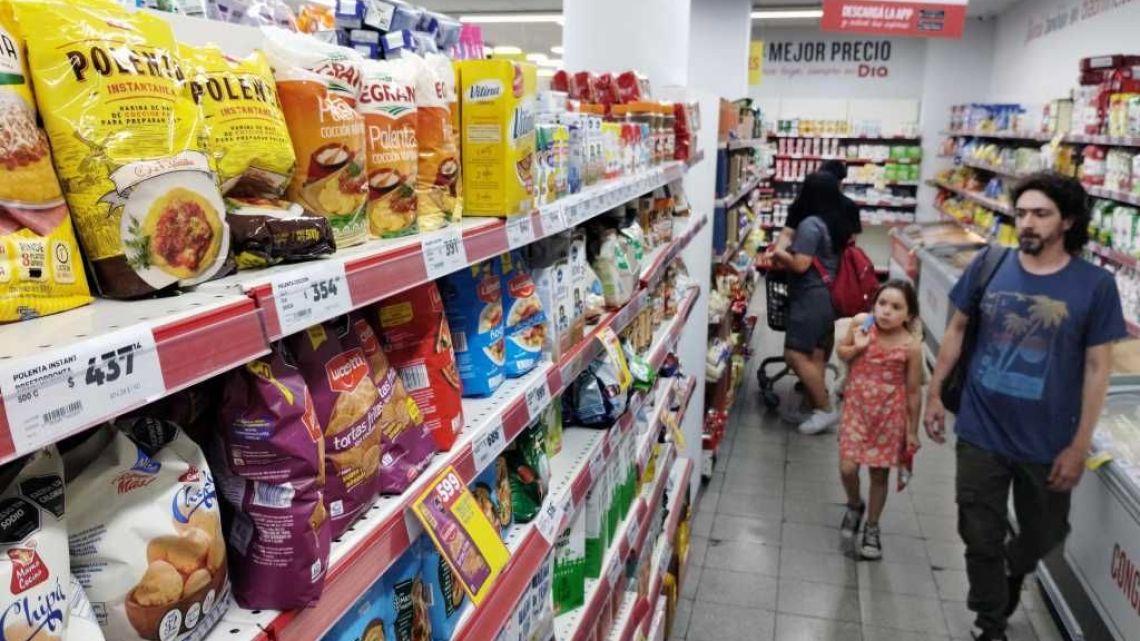earlyretirement
Moderator
The inflation rate in the City of Buenos Aires (CABA) was 3.1% in January, according to the Buenos Aires City Consumer Price Index (IPCBA).
Over the past 12 months, it accumulated a rate of 100.6%, and it decreased sharply for the second consecutive month, having come from 136.7% in December to nearly 180% in November.
This reduction in year-over-year inflation represents a significant slowdown in the pace of price increases, influenced by various sectors of the consumer basket.
The sectors that contributed most to inflation in January were:
Housing, water, electricity, gas, and other fuels, Food and non-alcoholic beverages, Restaurants and hotels, and Transportation.
Regarding the monthly variation, restaurants and hotels recorded a 6.0% increase in January, while goods and services in general rose by 1.4% and 4.3%, respectively. This dynamic reflects a trend toward price stabilization in some sectors, although inflation remains a significant economic challenge in the region.
Over the past 12 months, it accumulated a rate of 100.6%, and it decreased sharply for the second consecutive month, having come from 136.7% in December to nearly 180% in November.
This reduction in year-over-year inflation represents a significant slowdown in the pace of price increases, influenced by various sectors of the consumer basket.
The sectors that contributed most to inflation in January were:
Housing, water, electricity, gas, and other fuels, Food and non-alcoholic beverages, Restaurants and hotels, and Transportation.
Regarding the monthly variation, restaurants and hotels recorded a 6.0% increase in January, while goods and services in general rose by 1.4% and 4.3%, respectively. This dynamic reflects a trend toward price stabilization in some sectors, although inflation remains a significant economic challenge in the region.







